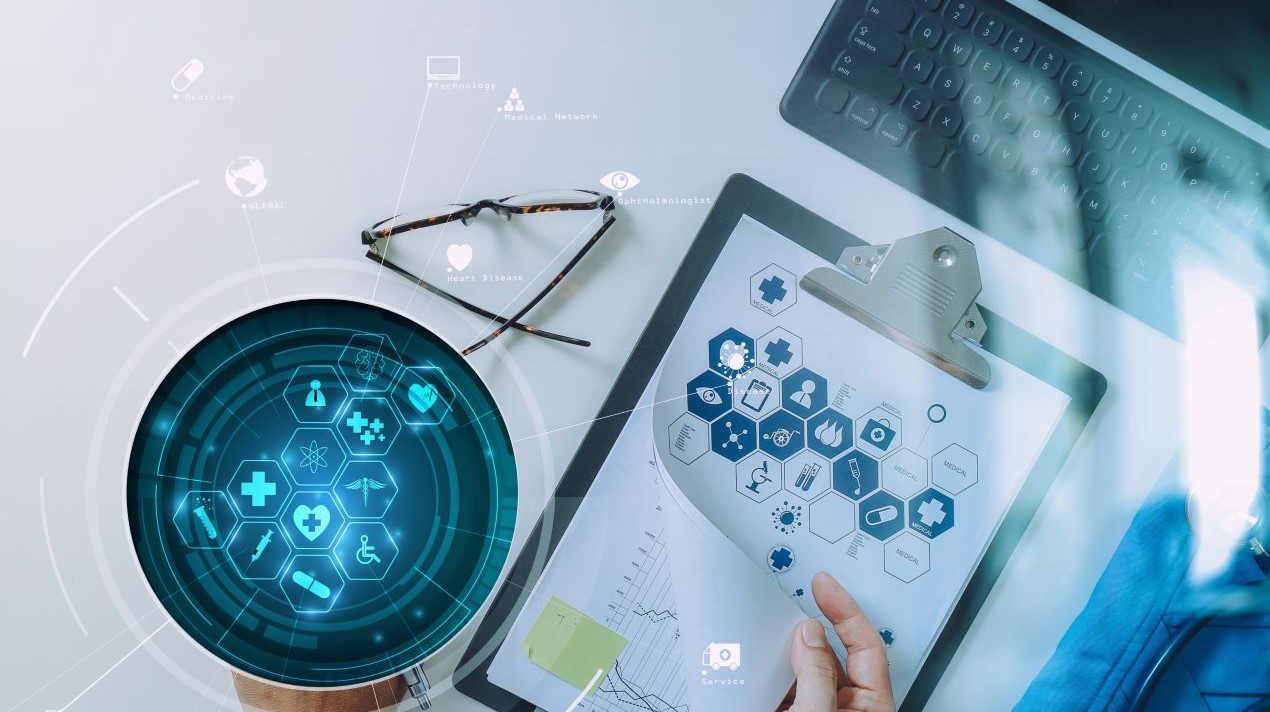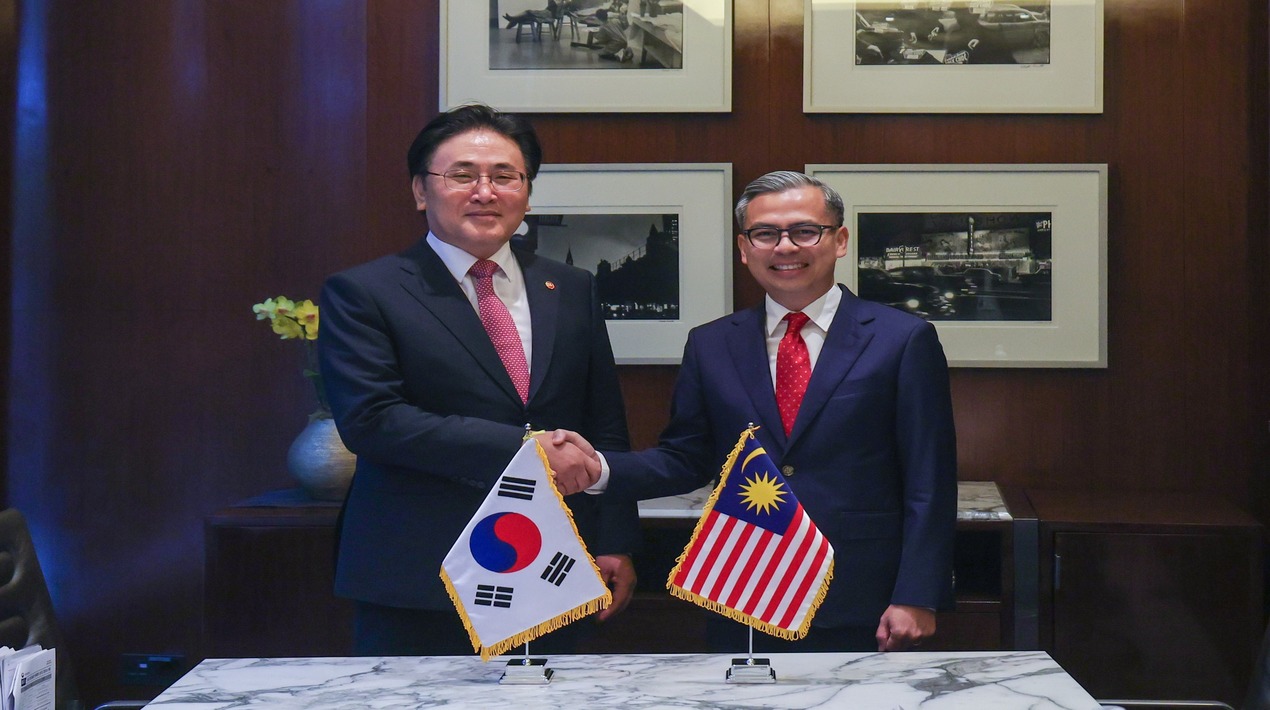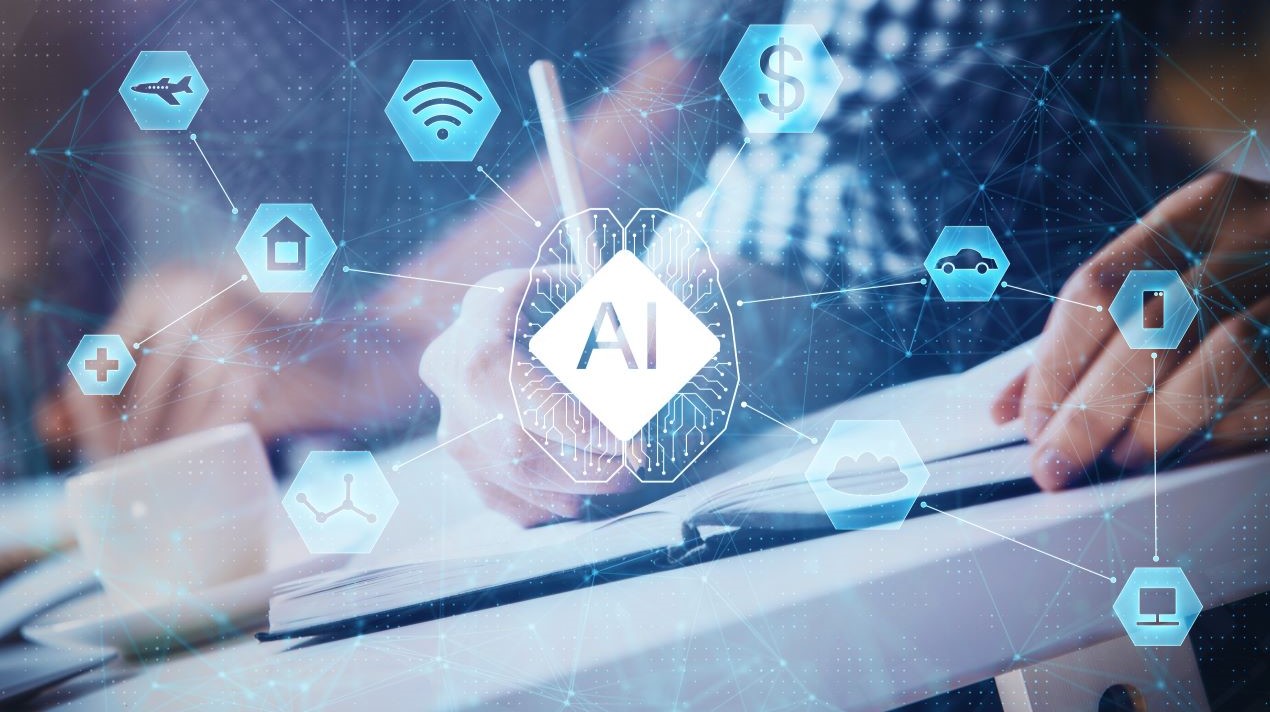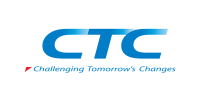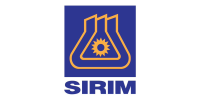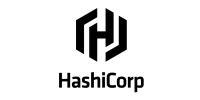
|
Getting your Trinity Audio player ready...
|
Australia’s leadership in critical and rare minerals for clean energy and electric vehicles is at risk unless the mining sector adopts artificial intelligence (AI) technologies, according to research from the University of Tasmania and Monash University. In a study published in Nature Communications, researchers argue that AI could revolutionise the mining of essential minerals like copper, lithium, nickel, zinc, cobalt, and rare earth elements used in clean energy technologies.
Australia currently holds the world’s largest proven reserves of nickel and zinc, the second-largest proven reserves of cobalt and copper, and the third-largest proven reserves of bauxite. It is also the world’s leading producer of bauxite and lithium and the third-largest producer of cobalt. The researchers stress that by integrating AI at all stages of the mining process, Australia could enhance its mining operations to better capitalise on its mineral wealth.
Professor Russell Smyth, Deputy Dean of Research at Monash University’s Department of Economics, highlighted that AI could make mining more efficient, cost-effective, and environmentally friendly. Drone-based photogrammetry and remote sensing, for example, could be used to enhance mineral mapping, while AI-driven tools could optimise drilling and blasting, increasing productivity and reducing waste. Additionally, predictive maintenance systems can help forecast equipment issues before they occur, minimising downtime and repair costs.
The study also addresses the long timelines associated with moving from exploration to production, which currently takes around 12.5 years, according to the International Energy Agency (IEA). This protracted timeline contributes to a high-risk perception among investors, limiting capital investment in the sector. To achieve global net-zero emissions by 2050, the IEA estimates that an investment of between US$360 billion and US$450 billion will be needed by 2030. However, projected supply levels suggest a shortfall of up to US$230 billion, potentially making decarbonisation efforts more costly and slower.
AI has the potential to address some of these challenges by providing more accurate risk assessments and enhancing operational efficiencies. For example, drone-based photogrammetry utilises aerial imagery to create 3D terrain models for precise mineral mapping, while remote sensing can identify new mineral deposits and estimate the remaining life of existing mines. AI can also streamline operations, optimising drilling and blasting and enabling better equipment management.
Despite its benefits, the integration of AI into mining could encounter hurdles due to a concept called the “back-ended risk premium,” as identified by the researchers. Associate Professor Joaquin Vespignani from the University of Tasmania’s School of Business and Economics explained that this premium arises from technical and non-technical barriers in mineral projects, particularly those involving lithium and cobalt. This premium, which increases the cost of capital, could reduce the expected productivity gains from AI technologies, making investors hesitant to support such projects.
However, advancements in AI may help alleviate the impact of the back-ended risk premium by shortening project timelines and reducing the overall investment required. The study suggests that AI’s ability to mitigate risks and improve processes could lower financial barriers, encouraging more investment in the sector. It also emphasises the need for significant government investment in AI technologies for mining to reduce costs associated with energy transitions and avoid potential delays in decarbonisation efforts.
Without substantial government support and investment in AI, the cost of clean energy technologies could rise, posing a significant challenge to communities and potentially hindering progress toward achieving global climate goals. The researchers recommend that both public and private sectors collaborate to drive the adoption of AI in mining, ensuring a more sustainable and economically viable future for the industry.





